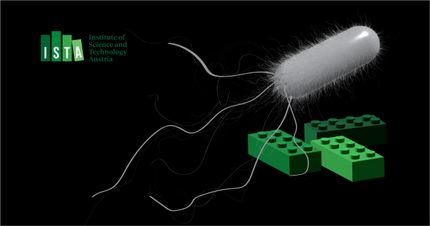Manchester University students win international sustainability prize
Advertisement
A team of students from the University of Manchester, UK, has been awarded an international sustainability prize by the Institution of Chemical Engineers (IChemE) in recognition of a university design project based on turning corn waste into succinic acid.
The seven-strong team that clinched the inaugural McNab-Lacey Student Design prize was made up of final-year students Liam Booth, Maryam Ojetola, Sarah Bickerton, Richard Gowers, Sophie Wilkinson, Vanessa Suniggi and Andrew Harrison, all of whom have now graduated from Manchester. They were mentored through their project by chemical engineering professor Colin Webb. The prize is open to final-year chemical engineering students from IChemE accredited universities across the globe, rewarding the project that best contributes to a sustainable world.
Their winning project involved designing a process for producing succinic acid from corn waste using the microorganisim Actinobacillicus succinogenes. Malcolm Wilkinson, chair of the IChemE Sustainability Special Interest Group and head of the judging panel, says that the team had “clearly taken the idea of sustainability right through the project, from the initial concept to the final design.”
When asked what they had taken from the project the team explained that it had given them an appreciation of how “incredibly iterative” the design process is, and spoke of how hard – and rewarding – it is to work with a team under incredibly stressful conditions.
“If you couldn’t adapt,” they said, “you couldn’t get through it.”
Less than half of the teams vying for the award came from UK universities, with two entries coming in from Malaysia and a much-commended effort from Singapore Polytechnic clinching second place.
IChemE CEO David Brown says that he was impressed with the winning project: “ This project is a great example of how chemical engineers are leading the transition to a low carbon economy and are helping to tackle the impact of climate change. Encouraging chemical engineering students to think about this and sustainable ways of working is key to ensuring they take a similar mindset into their professional careers.”






















































